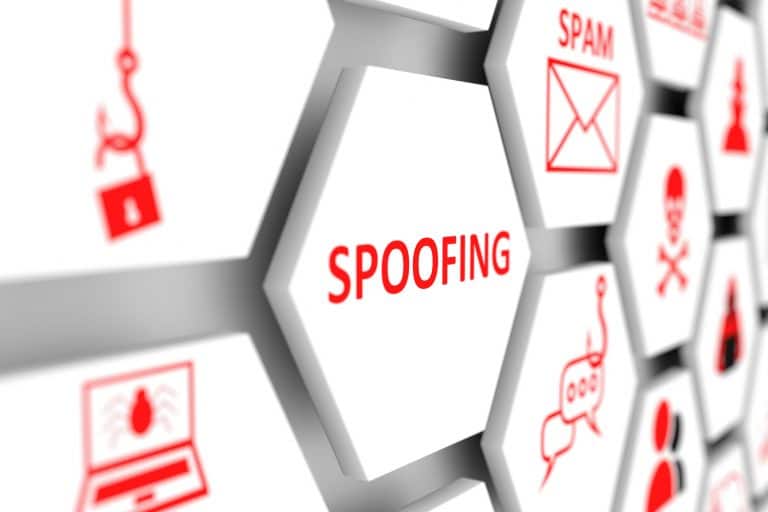How to Report Suspicious Emails, Webpages, Ads, and Phone Calls
MyChargeBack takes phishing (as described below) and spoofing attacks against our clients and leads very seriously. If you received an email that purportedly came from MyChargeBack but you suspect that it actually did not, or clicked onto a spoofed MyChargeBack website or received a phone call from a scammer impersonating a MyChargeBack representative, follow these instructions:
- Forward the entire email, website URL, ad, or telephone number to our dedicated team at [email protected]
- Do not alter the subject line or forward the message as an attachment
- Delete the suspicious email from your inbox after forwarding it to us
Do not click on any links or download any attachments in any email that you may subsequently receive from the same source. If you are called again by a potential scammer, note the phone number rather than taking the call.
What Is Phishing?
“Phishing” is one of the most common ― and dangerous ― tools scammers have in their arsenal. Anyone can receive an email from a scammer who illegally appropriates a legitimate company’s name and logo to phish for your personal information. Moreover, phishing emails usually contain a link to what looks like a legitimate company’s website. But it’s not. It’s a spoof, an exact copy controlled by the scammer. Whatever personal information you upload to that site goes directly to a criminal who can use it to commit identity theft.
Beware, however, that scammers can go phishing for your personal information in other ways as well. One of the most effective is by embedding links to spoofed websites in fake online advertisements. So while you think you are clicking into a legitimate merchant’s website to order a certain consumer item, what you’re really doing is handing over your credit card number to a scammer. And yes, even a fund recovery firm’s website can be spoofed.
Finally, some scammers are bold enough to attempt to phish for personal information over the phone. They call potential victims and claim, for example, to be representatives of a credit card company or public utility. That is because everyone is sure to have a credit card and everyone is connected to a water main and electricity grid. The scammers will typically explain that they are verifying addresses, birth dates, ID numbers, and credit card details of their customers, either as a matter of routine or (to make it sound urgent) due to a possible security breach. What they are really doing, of course, is phishing for your personal information.







